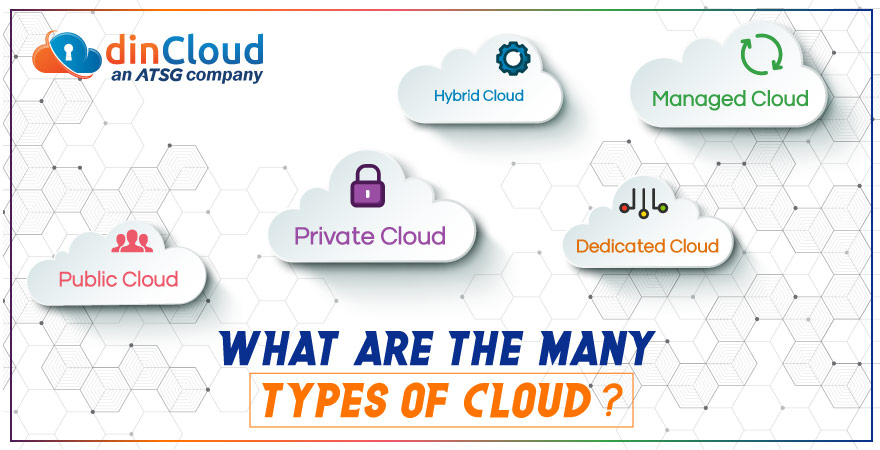The challenge is that there are many questions around cloud technology. Let’s break them down….
Types of Cloud
Why is there so much complexity in the cloud? There is certainly a lot of confusion about the cloud. We’re going to take a look at addressing these questions. After all, look at all the different types of cloud out there:
|

With all the cloud service and data center providers who offer rack space and co-location centers out there – there is a proliferation in the flavors and types of cloud.
What is the Difference between Public Cloud and Private Cloud?
There are many definitions or interpretations on the types of clouds, and then the actual types as well. Take for example, Public Cloud. This generally refers to a service like AWS or Azure. These are large, public utility type services. You sign up on a ‘credit card’ and you are on your own to figure things out. These clouds are massive, just like the companies that built them. Thus, each organization’s control or influence over these clouds is limited at best.
In contrast, a private cloud generally means an “on-prem” data center infrastructure of servers, storage, networking. On-prem being short for on-premise, or on the organization’s own premise.
Related: Why Hybrid and Multi Cloud Deployments are Inevitable?
… A private cloud is different from a public cloud in that you have complete control over the infrastructure. Since you normally own the hardware of servers, storage, and networking equipment. In some cases, you might own the entire data center facility too. Your IT team can walk up to any piece of equipment in the private cloud and make changes to it physically, log into it and control any aspect of it.
Control is certainly a major decision point for an organization in choosing between public and private cloud. Tools like dinManage – by dinCloud – give control back to the customer. But now let’s talk about how some are addressing the public vs. private cloud issue.
What type of cloud is Hybrid Cloud?
Sometimes it is hard to decide what type of cloud to choose – public or private. So why not combine it to get the best of both worlds?
Hybrid cloud keeps certain workloads (servers, applications) on-premise in the private cloud and then ventures out to the public cloud.
This is a good way to give management the assurance that cloud is still being adapted within the organization without really committing to an external cloud. The public cloud may also be used for ‘bursting’ purposes – to grow in capacity as quickly as the business demands it. This might be used in seasonal business scenarios to keep the run-rate business in house and then expand into more computing power for a short period of time.
Related: Hybrid and Multi Cloud Environments – The Pros and Cons | dinCloud
Managing two different infrastructures and types of data centers can certainly add complexity. How you add capacity to one data center may be different than how you add it to another type of cloud. Moving data or applications from a private to a public cloud and vice versa might not be as smooth as it perhaps should be.
More Types of Cloud
There are more details in the different types of clouds out there. So stay tuned for more articles as we will continue to address questions pertaining to the cloud.
If you need more information on the many types of cloud, please request information


